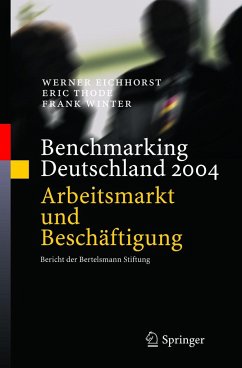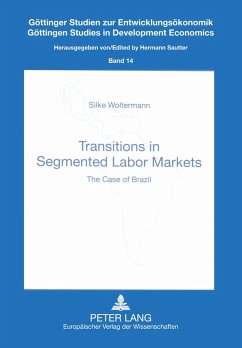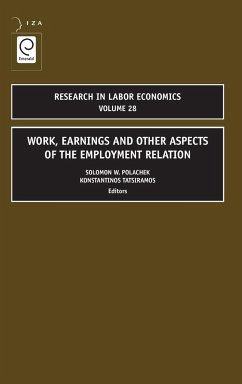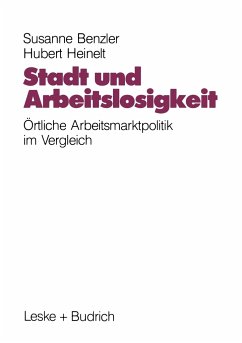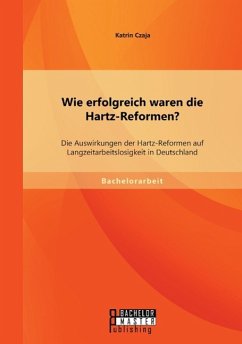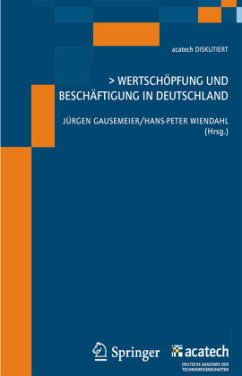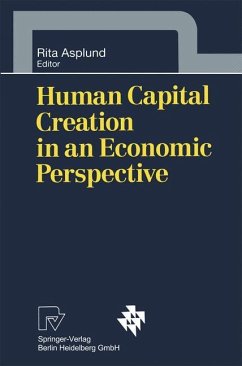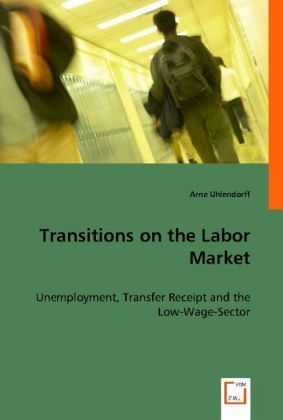
Transitions on the Labor Market
Unemployment, Transfer Receipt and the Low-Wage-Sector
Versandkostenfrei!
Versandfertig in 6-10 Tagen
39,99 €
inkl. MwSt.

PAYBACK Punkte
20 °P sammeln!
Reducing the high unemployment rate is one of the most important and challenging issues facing the German society. The risk of unemployment is especially high among low-skilled and unskilled individuals and higher among migrants than among natives. This book contributes to the ongoing debate about the determinants of individual employment dynamics by analyzing transitions processes between employment, unemployment and transfer receipt. The results of the first empirical study show that the ratio between potential labor income and welfare level has a positive effect on the probability of moving...
Reducing the high unemployment rate is one of the most important and challenging issues facing the German society. The risk of unemployment is especially high among low-skilled and unskilled individuals and higher among migrants than among natives. This book contributes to the ongoing debate about the determinants of individual employment dynamics by analyzing transitions processes between employment, unemployment and transfer receipt. The results of the first empirical study show that the ratio between potential labor income and welfare level has a positive effect on the probability of moving from social assistance to employment. The second study investigates the differences in unemployment dynamics between natives and migrants. The results show that migrants stay longer unemployed. However, once migrants find a new job, there are no significant differences in their employment stability compared to natives. In the third study the low pay and non-employment dynamics of men in west Germany are examined. The results indicate that there exists strong true state dependence in low pay as well as in non-employment. Moreover, there is a strong link between low pay and no pay.



